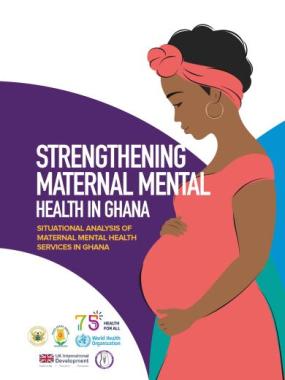Located in West Africa
- Population: 31,072 million (2020)
- Life expectancy at birth, total (years): 64.1 years (2020)
- Gross Domestic Product (GDP), current US$: 77.59 billion (2021)
- GDP per capital (current US$) : 2,363.3 (2021)
- Health expenditure as % of GDP: 2
- General government health expenditure as % of general government expenditure: 7 (2020)
- Health expenditure per capita (US$): 42
- Out-of-pocket expenditure per capita in US$: 26 (2020)
Source: Ghana Statistical Service: Population and housing census, 2020 ; World Bank/World Development Indictors, 2023; Global Health Expenditure Database, 2023
Health Service In Ghana
There are three main levels of primary health care in Ghana:
The district level health care, highest level of PHC, average population of 100,000–200,000 people in a clearly defined geographical area. District Hospitals provide Curative care, preventive care, and promotion of heath of the people in the district.
The Subdistrict health care, approx. population 20,000. They augment their service coverage with outreach services and refer severe and complicated conditions to the district level.
The final and basic unit of the PHC in Ghana is the Community-based Health Planning and Services (CHPS) which aims to improve access to promotive and preventive health care at the community level of an average population 3000–4500.
Health Sector Priorities
Integration: National health Policy (Health in all policies, Whole-of Government, Whole-of-society approach, One Health approach, Life Course approach), UHC Roadmap & New HSMTDP
Empowerment of beneficiaries: Active policy dissemination, Community Health Action Plans, Community Score card, Performance review meetings involving all stakeholders,
A multisectoral approach: Engagement of Local government apparatus, Hon MPs orientation, training, meetings, Dissemination of National Health Policy to all MMDAs, Private Sector engagement











